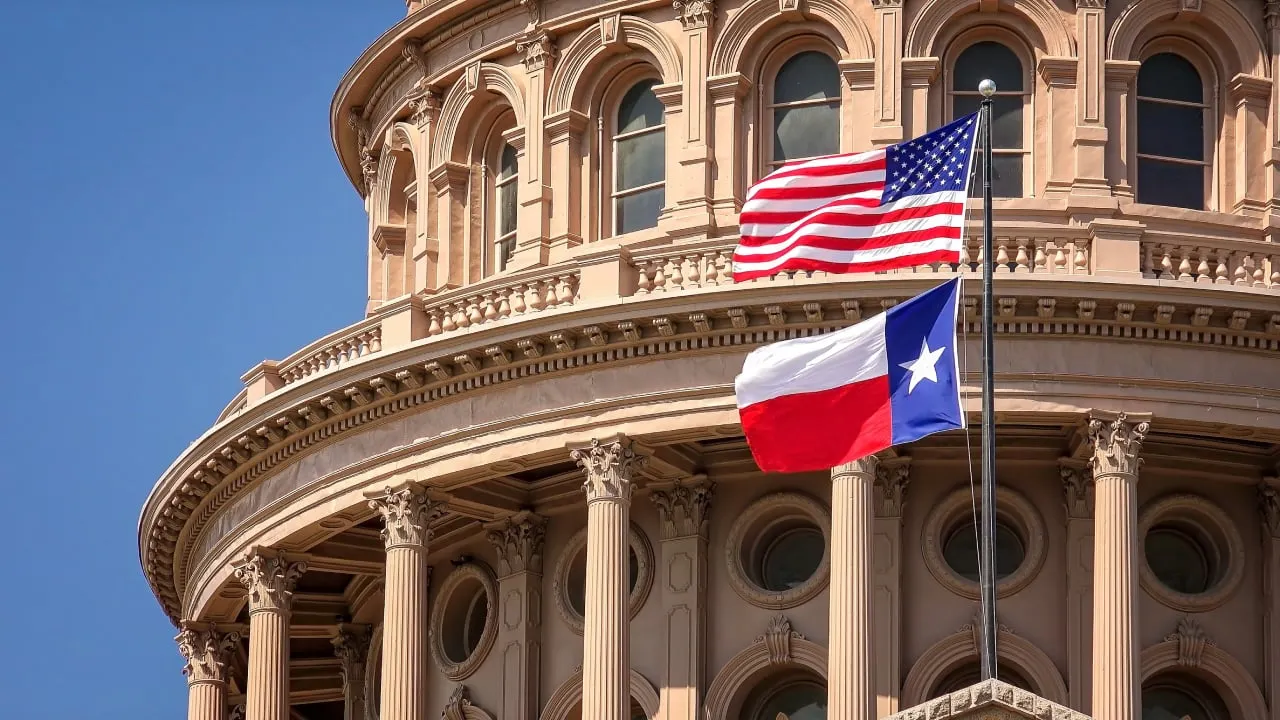Texas’s 88th legislative session has been an especially productive one for local Bitcoin miners.
Advocates celebrated the blocking of one state bill, and the passage of several others, that will likely ensure the state remains attractive for miners.
"The microchip was invented in 1958 but that technology was monetized in California,” Lee Bratcher, President of the Texas Blockchain Council, told Decrypt via email. Texas is not going to let that happen again. Texas will be the Silicon Valley of the Digital Asset industry."
For one, Senate Bill (SB) 1751, labeled an “anti-mining” bill in the industry, never made it to the Governor’s desk. The bill sought to curb lucrative energy credits that local miners have been enjoying, including Riot, which raked in $9.5 million in credits last July.
Elsewhere, Senate Bill 1929, which passed, was seen as a win for the industry.
The bill requires massive Bitcoin mines to register with the Electric Reliability Council of Texas (ERCOT). Proponents of the bill see it as a necessary step toward enhancing transparency.
"We did vocally support SB 1929, which requires large flexible loads over 75 megawatts to register certain details about their load with the grid operator, ERCOT," Bratcher said. "This bill will prove helpful in strengthening the communication between ERCOT and Bitcoin miners."
Texas House Bills boost Bitcoin miners
Additionally, two House Bills–HB 591 and HB 1666–are also being touted as positives for crypto mining. They've passed House and Senate votes, and are expected to be signed by Texas Governor Abbott.
HB 591 establishes a tax incentive for using flared gas for on-site Bitcoin mining.
Gas flaring is the practice of burning off or releasing gas from oil production wells. The practice is a significant contributor to methane pollution globally and has severe environmental impacts.
The bill encourages Bitcoin miners to utilize flared gas as an energy source, creating a use case for an energy resource that may otherwise be wasted. But critics caution that flared gas use amounts to further fossil fuel-powered mining.
HB 1666 introduces a proof-of-reserves regime, requiring crypto exchanges to maintain assets "sufficient to fulfill all obligations to customers” as well as submitting statements to the Texas Department of Banking regarding liabilities.
In the wake of the FTX bankruptcy, this move may help to bring some skeptical investors back to crypto.
Critics of the local industry are less enthusiastic about the recent legislative moves.
"From our perspective, what you're doing here is getting a new value stream to the industry that is otherwise starting to be priced out of the market," Texas Director of Public Citizen, Adrian Shelley, told Decrypt.
Public Citizen Texas is a non-profit advocacy group that has actively lobbied against burning coal in Texas as well as the state’s interest in expanding its network of nuclear power plants.
"This is an industry that's not bringing really clear or tangible value into a state," Shelley said. "[Whereas] it's got all of these exotic mechanisms for extracting value out of it."

